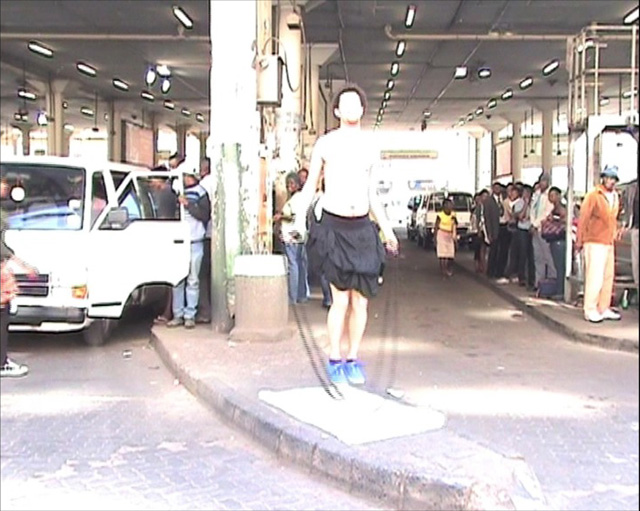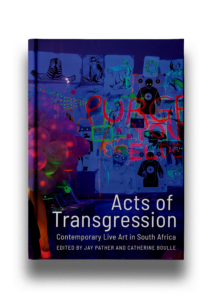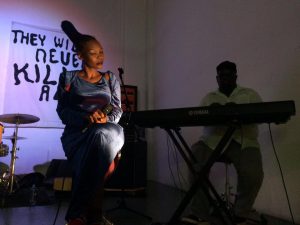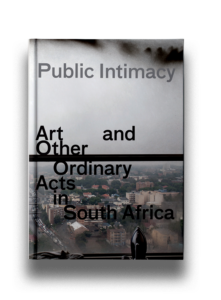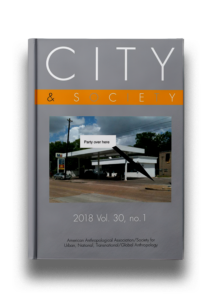Period
2010 - 2011
Proposed by
Gabi Ncgobo
Location
Johannesburg
About the project
For many, the name Zola Budd triggers memories of the barefooted record-breaking eighties Olympic runner from South Africa. It is also the song title of what became a popular song within Southern Africa by the late pop singer Brenda Fassie. Her song is dedicated to a fast-moving mini-bus taxi, which she renames Zola Budd. Soon after this song’s popularity, all minibus taxis during that period were referred to as Zola Budd.
As a collective based in Johannesburg, we are drawn to the city’s history and memories. We understand this history as a combination of real records as well as constructs; thus, our involvement within the social thread of Johannesburg is a combination of inserting new memories through artistic intervention as well as making visible a selection of existing historical narratives, some of which may not have been told.
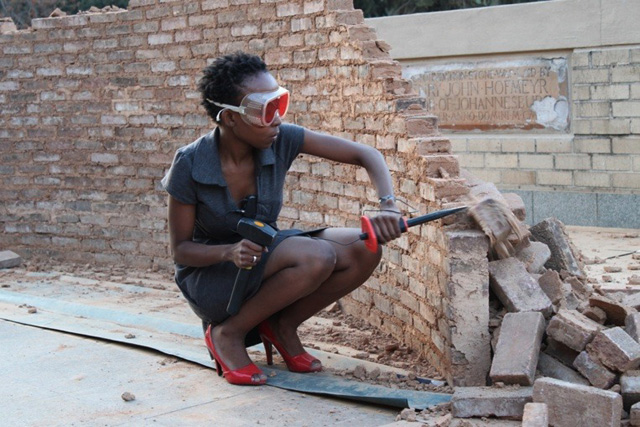 arrow_upward
arrow_upward
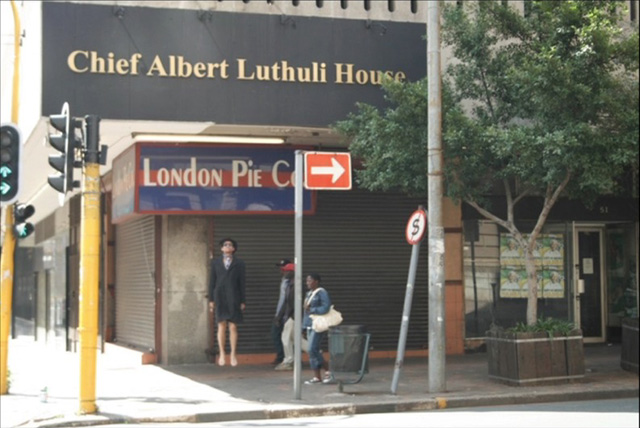 arrow_upward
arrow_upward
Our project is to be located at the Noord Taxi Rank and the nearby Park Station, a railway station. The two locations form an imagined shifting economic centre of the city, a condensed magnetic point where thousands, if not millions, of dreams from across the continent are concentrated. With the “central” locations mentioned above as starting points, we wish to stage a series of public interventions extending to the surrounding areas. These fictitious situations will provide those arriving and passing through these locations with an alternative understanding and sometimes surreal experience of Johannesburg. We will include the publication of a local inner-city Johannesburg dictionary/city- guide. The dictionary lists, from A-Z, terms that are commonly used in the city as well as those that we will invent. This list will range between types of people, things, conditions, and behaviours commonly found and seen in Johannesburg.
Interventions will take the form of “daily life” in Johannesburg. The nature of the interventions is both to momentarily shift the image and memory of the city and to do this whilst providing “proof” of existence with the dictionary and city guide.
The project is geared towards individuals and communities that live and occupy this area. Our area of interest is in the politics of language, specifically focusing on Johannesburg as a city whose sociopolitical history can be traced through various levels, previously as a tool for segregation and still as a current trigger for historical misunderstandings. We are interested in inventing a new language to speak in and of Johannesburg not only in a literal sense but as a way to expose certain fallacies in how history is constructed and as a means for us to commemorate the invisible.

